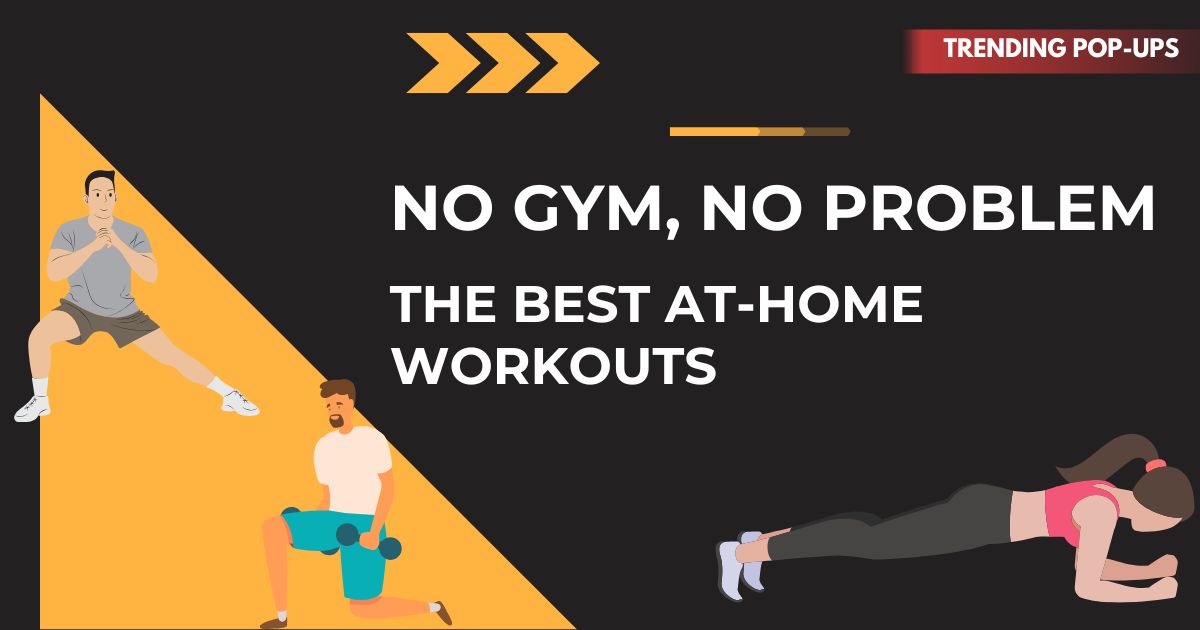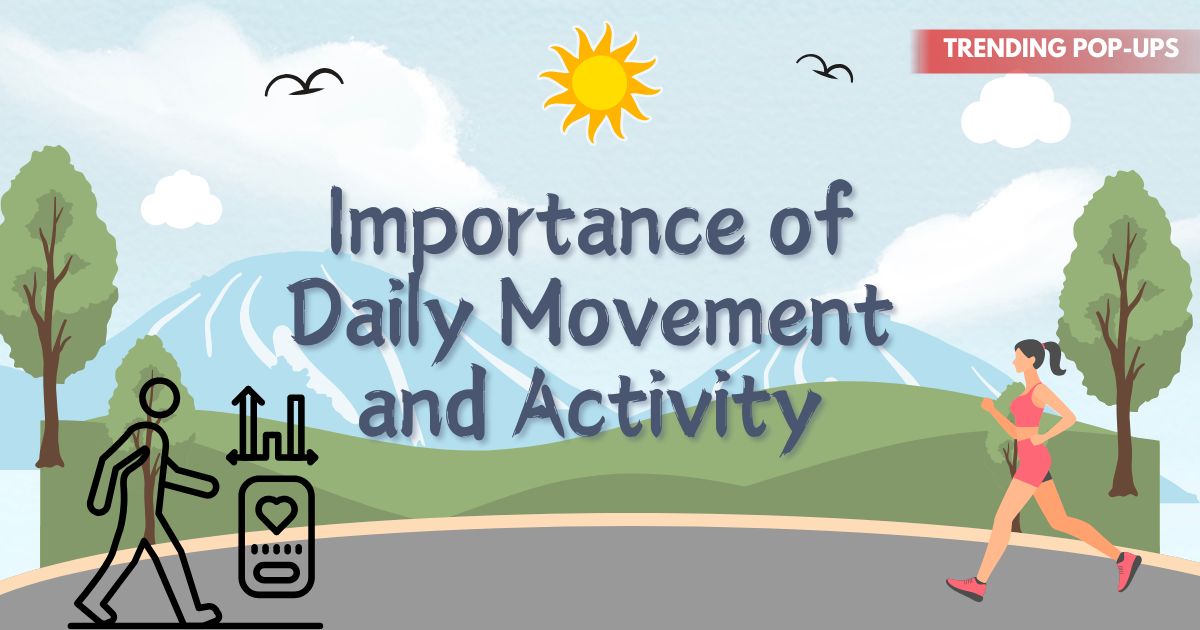Panic attacks can be overwhelming, often striking suddenly and leaving individuals feeling out of control. Symptoms may include rapid heartbeat, chest pain, dizziness, trembling, shortness of breath, and an intense sense of fear. For many people, panic attacks can feel like life-threatening emergencies, even though they are not physically harmful.
While panic attacks can be frightening, learning effective strategies to manage them can help you regain control, reduce fear, and prevent future episodes. By combining practical coping skills with lifestyle changes, it’s possible to lessen their intensity and frequency.
Understanding Panic Attacks
Before diving into strategies, it’s important to understand what panic attacks are. They are sudden surges of intense fear or discomfort that peak within minutes. Panic attacks can occur unexpectedly or be triggered by stressful events, phobias, or certain health conditions.
They are often associated with panic disorder, but can also occur in individuals with generalized anxiety disorder, post-traumatic stress disorder (PTSD), or even without a diagnosable condition. Recognizing the symptoms and understanding that panic attacks are not life-threatening is the first step toward managing them.
Immediate Strategies to Manage Panic Attacks
1. Practice Deep Breathing
Rapid, shallow breathing is common during panic attacks and can worsen symptoms. Deep breathing helps calm the nervous system by:
-
Inhaling slowly through the nose for 4 counts.
-
Holding the breath for 2–3 counts.
-
Exhaling slowly through the mouth for 6 counts.
Repeating this cycle several times can reduce hyperventilation and restore a sense of calm.
2. Grounding Techniques
Grounding helps shift focus away from panic and back to the present moment. One effective method is the 5-4-3-2-1 technique:
-
Identify 5 things you can see.
-
Identify 4 things you can touch.
-
Identify 3 things you can hear.
-
Identify 2 things you can smell.
-
Identify 1 thing you can taste.
This mindfulness-based strategy distracts the brain from panic and creates a sense of safety.
3. Positive Self-Talk
Remind yourself that panic attacks are temporary, and you are not in danger. Phrases like “This will pass” or “I am safe and in control” can prevent fear from escalating.
4. Relaxation Through Muscle Control
Progressive muscle relaxation involves tensing and then releasing each muscle group. This practice can ease physical tension and reduce feelings of being overwhelmed.
5. Visualize a Calm Place
Guided imagery, such as imagining yourself in a peaceful environment like a beach or garden, can soothe the mind and body.
Long-Term Strategies to Prevent Panic Attacks
1. Regular Physical Activity
Exercise helps release endorphins, lower stress hormones, and improve overall resilience against anxiety. Activities like walking, jogging, yoga, or swimming can significantly reduce panic attack frequency.
2. Healthy Sleep Habits
Poor sleep can heighten anxiety and make panic attacks more likely. Aim for 7–9 hours of quality sleep by maintaining a consistent schedule and creating a relaxing bedtime routine.
3. Balanced Diet
Limit caffeine, alcohol, and processed foods, as they can trigger anxiety. Instead, focus on whole foods, lean proteins, and hydration to support mental well-being.
4. Stress Management Practices
Meditation, journaling, and mindfulness are excellent tools to manage daily stress, which often contributes to panic attacks.
5. Cognitive Behavioral Therapy (CBT)
CBT is one of the most effective treatments for panic disorder. It helps identify negative thought patterns, reframe them, and build healthier coping mechanisms.
6. Medication (When Needed)
For some, medication prescribed by a healthcare professional may help manage severe panic attacks. Options include anti-anxiety medications or antidepressants, typically used alongside therapy.
Lifestyle Adjustments for Better Panic Attack Management
-
Create a Support System: Talking openly with trusted friends or family can provide comfort.
-
Avoid Triggers: Pay attention to patterns and identify situations, substances, or stressors that commonly trigger panic attacks.
-
Practice Daily Relaxation: Short sessions of meditation, stretching, or deep breathing can build long-term calmness.
-
Stay Consistent: Managing panic attacks requires consistent habits rather than occasional practices.
When to Seek Professional Help
While self-care and coping techniques are highly beneficial, it’s important to consult a professional if:
-
Panic attacks occur frequently and interfere with daily life.
-
You live in constant fear of having another attack.
-
You experience avoidance behavior, like refusing to leave home.
Therapists, counselors, and doctors can provide personalized strategies and treatment options tailored to individual needs.
Conclusion
Panic attacks can feel terrifying, but they are not life-threatening. By combining immediate coping techniques, such as deep breathing and grounding, with long-term strategies like exercise, healthy sleep, and therapy, it is possible to reduce both the intensity and frequency of panic attacks.
Managing panic attacks requires patience, practice, and self-compassion. With the right strategies and, when needed, professional support, you can regain control over your mind and body, leading to a calmer, more confident life.
Also Read : How Cognitive Behavioral Therapy Helps with Anxiety
FAQs
Q1. What is the fastest way to calm a panic attack?
The fastest method is controlled breathing—slow, deep breaths help reduce hyperventilation and calm the nervous system.
Q2. Can panic attacks be completely cured?
While some people may experience complete relief, others manage symptoms long-term through therapy, lifestyle changes, and coping techniques.
Q3. How long do panic attacks usually last?
Most panic attacks peak within 10 minutes and subside within 20–30 minutes, though some symptoms can linger longer.
Q4. Does caffeine trigger panic attacks?
Yes, caffeine stimulates the nervous system and can increase anxiety, making panic attacks more likely in sensitive individuals.
Q5. Is medication necessary for managing panic attacks?
Not always. Many people manage panic attacks successfully with therapy and lifestyle changes. However, for severe cases, medication prescribed by a doctor may be helpful.



